A window on the Olympics
Here we are again. A new Olympic fortnight will begin soon, this time under Korean skies. We’ll be glued to our televisions to watch the opening ceremony that will give us a magnificent portrait of the Korean nation, and then we’ll most probably allow ourselves a few breaks as we watch the long athletes’ parade.
As a sign of the times, we’ll certainly see a lot of cell phones among the faces of the athletes parading by. Then the two Koreas will parade together to the glory of the Olympic movement which advocates, for this moment, the end of wars. Then there’ll be the oath as athletes and officials swear their integrity.
The Olympics appropriated the niche of being the pinnacle of sporting events. It’s impossible not to at least glance at them, even for a moment, given their omnipresence. Even the television networks, which usually relegate sports events to the off-hours – nights and weekends – make an exception and suddenly turn over close to 24 hours a day to the Games. The movement is so strong, and so well established, that for an athlete, winning the Games represents the consecration of a career, erasing earlier successes at races equally prestigious on the international scene.
I am a “product” of the Games. My life may have taken a different direction when I won in 1994. For the better? Who knows? But one thing for sure, that competition was not a final point in my career but one more experience in the pleasure I took from participating in races. Ironically, a few years later, it was these same Olympic Games that extinguished my competitive flame. Today I look more critically at this competition. I look, among other things, at the paradox for an amateur athlete to undertake a career almost piously and anonymously for four years, and then suddenly to be parachuted into a surrealist landscape where billions flow in torrents and stadiums glow, for the two weeks of competitions.
Financing of high-level amateur sport in Canada follows also and in the main from the performance of our athletes at the Games. If the results aren’t there, the budgets for the losing federations are drastically cut. It is ironic, however, that all the financial eggs of our elite sports should be in one single Olympic basket.
Doping cases also erode the credibility of the Games. From the East German swimmers in Montreal to Russian and bionic cross-country skiers in Sochi, it’s shameful to note that, in spite of the advances in detection processes, the cheaters are always a full length ahead of the anti-doping controls. What’s more, the phoney short-term suspensions allow the guilty, who are often repeat offenders, to be there for the start of the Games, with impunity.

Of course, these problems seem to exist at a completely different level far from our day-to-day lives, but the repercussions are also palpable and penetrating in our environment. This wish for performance at any price, for visibility, and certainly for some type of “standing”, creates questionable anomalies in the way in which access to sport operates for our children and adolescents. Having fun playing a sport becomes far too simplistic; categorizing young people by performance group becomes the norm, with all the risks of mistakes that go with it.
Is it really healthy that with the same amount of talent, John is in an elite group while James ends up in the recreational group? The answer often comes years later when John, at the top of his game, hangs his equipment up indefinitely thanks to disgust and a desperate lack of enjoyment.
Some of the greatest athletes I’ve been lucky enough to know have never won the Olympics, even though their sports records are exceptional. You just have to consider alpine skiers Didier Cuche, who was a five-time winner of the mythical Kitzbühel downhill, and of Luc Alphand in the same category: these were outstanding athletes whose kindness was legendary. Are they of a lesser calibre, because they don’t have an Olympic title? Absolutely not!
 The great Erik Guay is in this category, as well. This champion, acclaimed in Europe and saluted on this side of the Atlantic, has known his share of injuries over the course of his career. His many glorious returns to the podiums are feats every bit as extraordinary as any Olympic medal, in any of the sports.
The great Erik Guay is in this category, as well. This champion, acclaimed in Europe and saluted on this side of the Atlantic, has known his share of injuries over the course of his career. His many glorious returns to the podiums are feats every bit as extraordinary as any Olympic medal, in any of the sports.
I hope with all my heart that he will be healthy for this Olympiad and will perform well. But whatever the result, he’ll always be the exceptional champion who has not only written a spectacular page in the story of Canadian skiing, but has also achieved something that few athletes of this calibre manage to do, which is to have four daughters and a happy, healthy family. As far as this latter achievement is concerned, no Olympic medal could possibly outshine it.
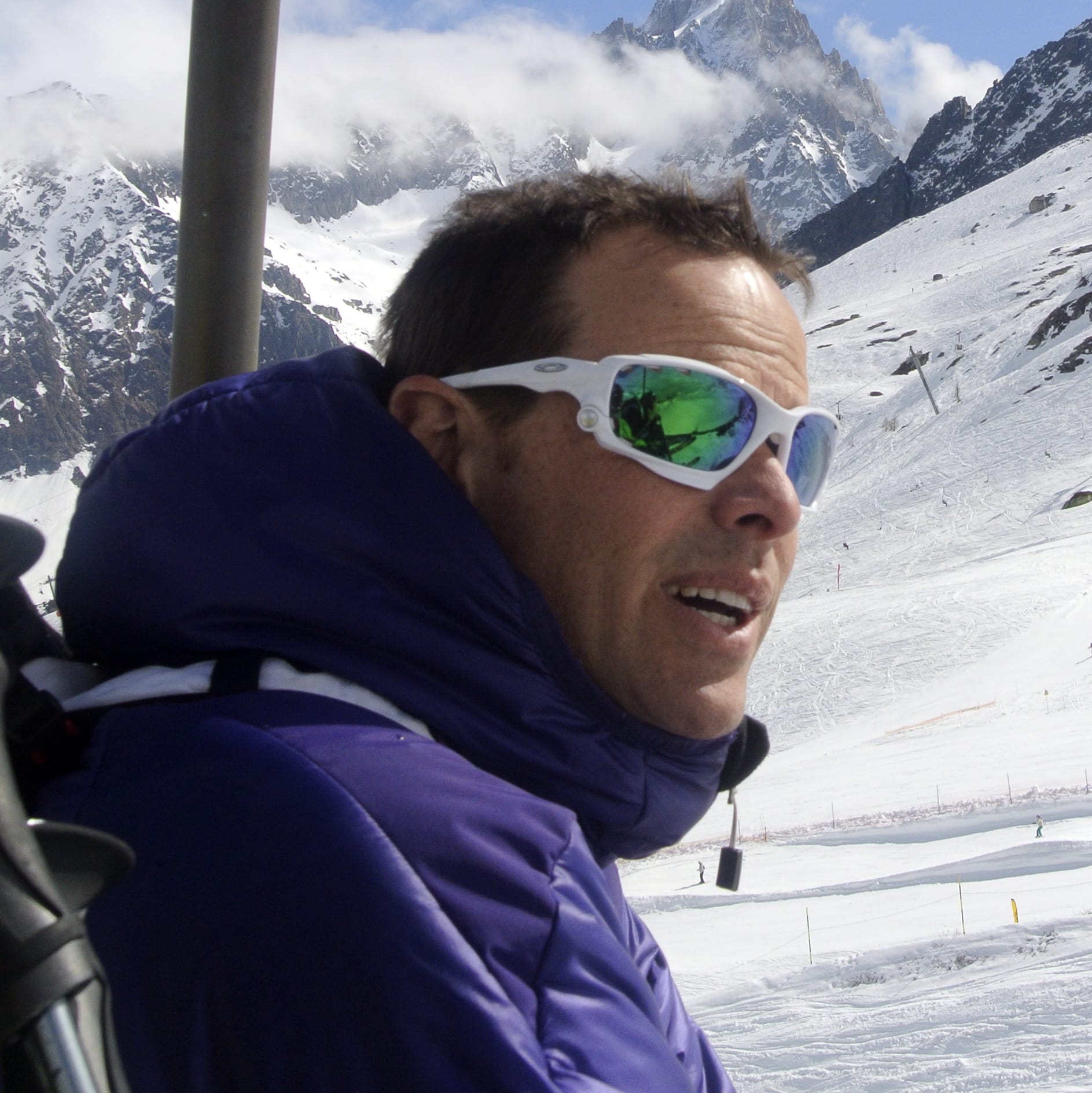
Jean-Luc Brassard4 Posts
Médaillé d’or en ski acrobatique aux JO de Lillehammer en 1994, Jean-Luc Brassard participa à quatre Jeux olympiques et remporta 20 épreuves de Coupes du monde en plus d'amasser 27 médailles d'argent et de bronze. Il est aujourd’hui animateur et présentateur à la télé de Radio-Canada et collabore avec un grand nombre de médias écrits. / The gold medallist in freestyle skiing at the Lillehammer Olympic Games in 1994, Jean-Luc Brassard participated in four Olympic Games and won 20 World Cup events as well as taking 26 silver and bronze medals in that discipline. Today he is a Radio-Canada (CBC French) TV host and presenter and works with a large number of print media.
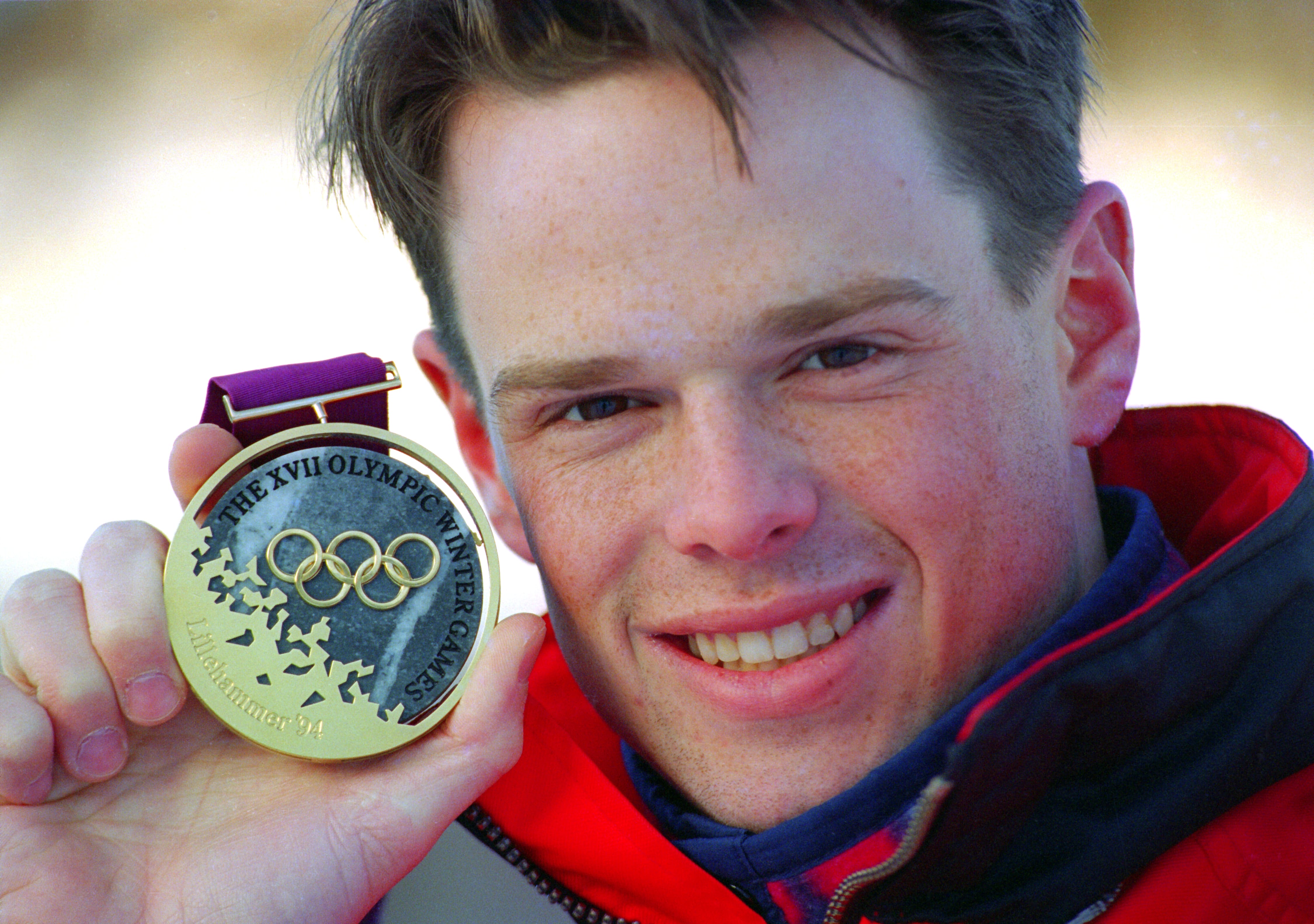
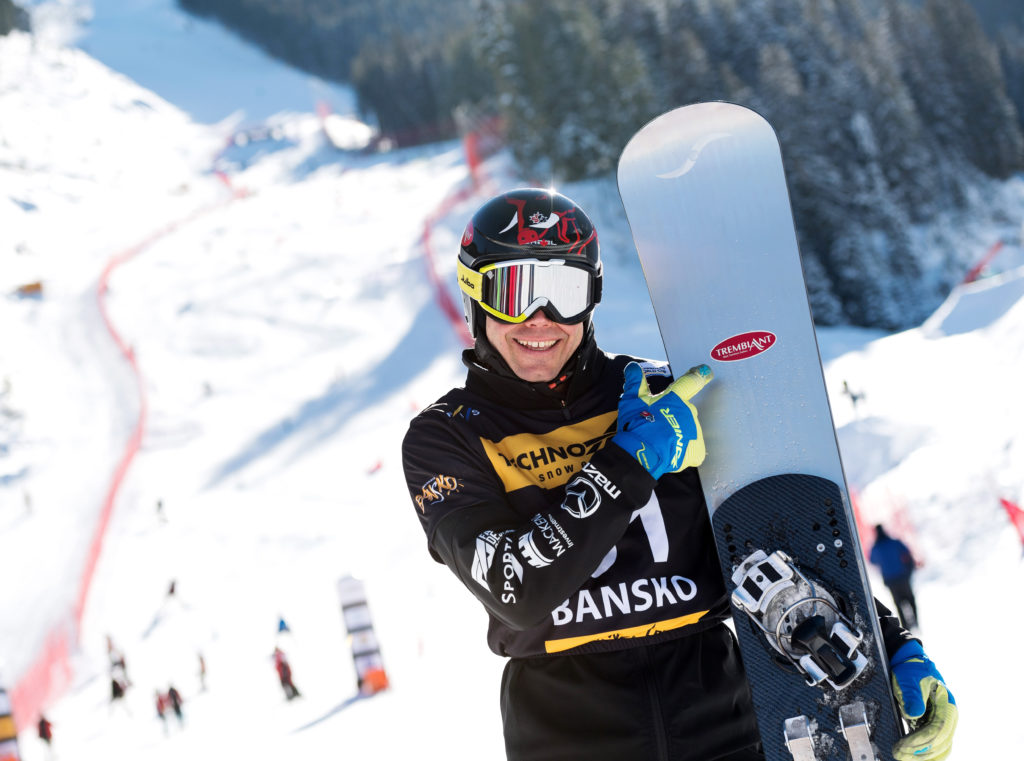

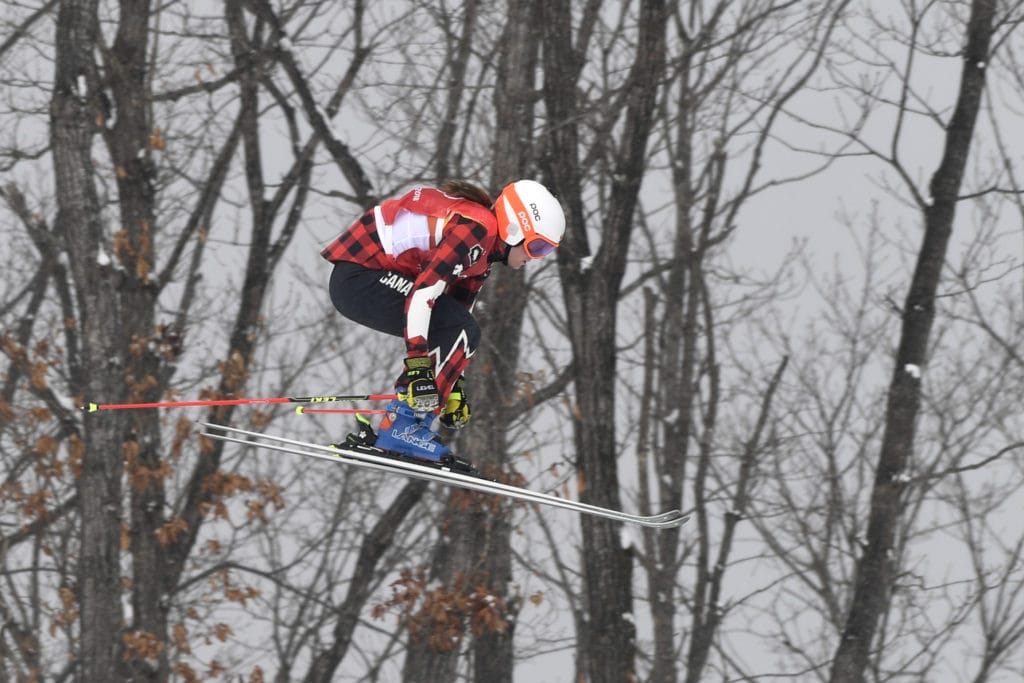

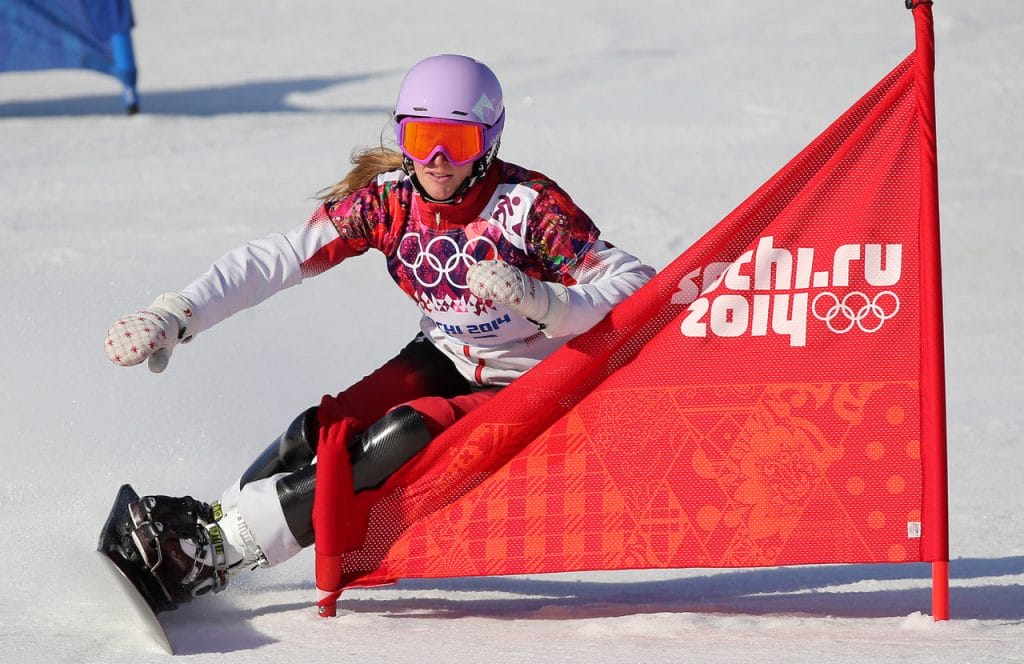



0 Comments